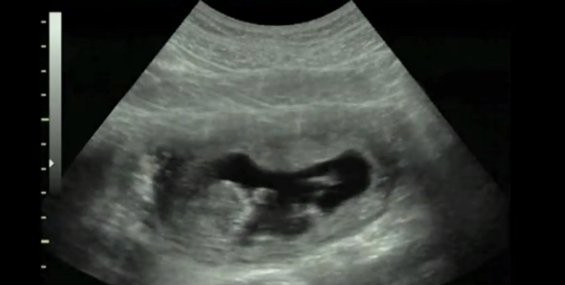
It’s long been known that pregnant women who are overweight or obese are at an increased risk of complications such as gestational diabetes and preeclampsia. Now, a new study published in the BMJ finds that maternal obesity is also associated with a significantly increased risk of infant mortality.
Recent studies have found conflicting evidence on whether there is an association between infant mortality and overweight and obesity in mothers. Some analyses found that there was an increased risk of infant mortality if the body mass index (BMI) of the mother was 30 or over, though others were inconclusive.
The researchers behind the new study analyzed data from over 1.8 million births between 1992 and 2010 recorded as part of the Swedish Medical Birth Register. In the study, maternal BMI was classified as follows:
- Underweight (BMI of 18.4 or less)
- Normal weight (18.5-24.9)
- Overweight (25-29.9)
- Obesity grade 1 (30-34.9)
- Obesity grade 2 (35-39.9)
- Obesity grade 3 (40 or over).
During the study period, a total of 5,428 infant deaths were recorded, two-thirds of which occurred during the first 28 days of life.
Rates of infant mortality increased with increasing maternal BMI
Among “normal weight” women, there were 2.4 infant deaths per 1,000 births, and among women with obesity grade 3, there were 5.8 infant deaths per 1,000 births. Rates of infant mortality increased with increasing maternal BMI, the researchers found.
Compared with normal weight mothers, infant mortality was described as being “modestly increased” among overweight and mildly obese mothers. However, the study found that mothers with obesity grade 2 or 3 had more than double the risk of experiencing infant death.
The majority of infant deaths in the sample group (81%) were caused by congenital anomalies, birth asphyxia, sudden infant death syndrome (SIDS) or infections.
Risk of birth asphyxia and other neonatal conditions increased in accordance with the BMI of the mothers. Additionally, infants of mothers who were classified as being in the obesity grade 2-3 groups were found to have increased risk of dying from congenital abnormalities and SIDS.
In total, the researchers estimate that 11% of infant deaths in the study were associated with maternal overweight and obesity.
The association between maternal BMI and infant death was reported mostly in full-term births of at least 37 weeks gestation. Associations between maternal BMI and infant death in preterm births were only reported among obesity grade 2-3 mothers.
Relationship between BMI and infant mortality not yet fully explored
The study benefits from having a very large sample size and data on weight collected at the mothers’ first antenatal visit. It also took into account whether or not the women smoked and their education and socioeconomic status.
However, the researchers were not able to explore the effects of weight gain during pregnancy, as that data was not recorded for the majority of the women in the study. The researchers also admit that some confounding medical conditions, such as diabetes, may have been undiagnosed during the study period and therefore not accounted for. The study also lacked data on the socioeconomic characteristics of the infants’ fathers, which may have influenced the results.
In a linked editorial, Katrine Mari Owe, of the Norwegian Institute of Public Health, writes that while the study “provides observational evidence that even maternal overweight is associated with an increased risk of infant death, the relationship between maternal body mass index and infant mortality has not yet been fully explored. She concludes:
“Given the high prevalence of overweight and obesity worldwide and the gravity of the risks to the infant, further studies are needed to explore the risks to the infant associated with increased maternal BMI, along with large trials of interventions designed to reduce those risks.”
